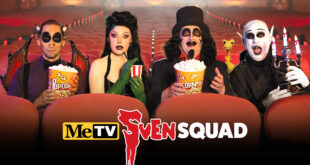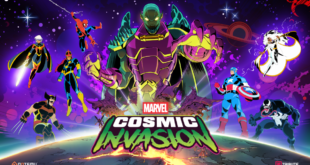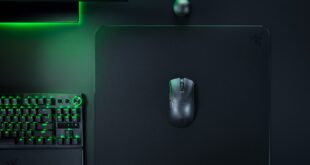Super Smash Bros Ultimate has been out for I’ve lost track how long. Every day has been a whirlwind of Spirit Battles, challenge completion, and multiplayer bouts. I haven’t seen the sun in two weeks. I’ve forgotten what my family looks like. Even my dreams are of Smash rosters and Beastballs.
Don’t send help.
I’ll be okay.
Your boy doesn’t know where to start, now that it’s time to start writing about Smash Bros. I mean, there’s absolutely too damn much of it. There’s 70-whatever characters. 100 and something stages. 1300 plus spirits, a twenty-hour long World of Light Adventure mode, Classic Mode, Mob Smash, Tournament Smash, Custom Smash, Regular Smash, Squad Strike, Spirit Board, and more questionable UI choices than I can shake Lucas’s side smash at.
Alright, I’ll be honest. I’m not a poet. Metaphors don’t come easy to me.
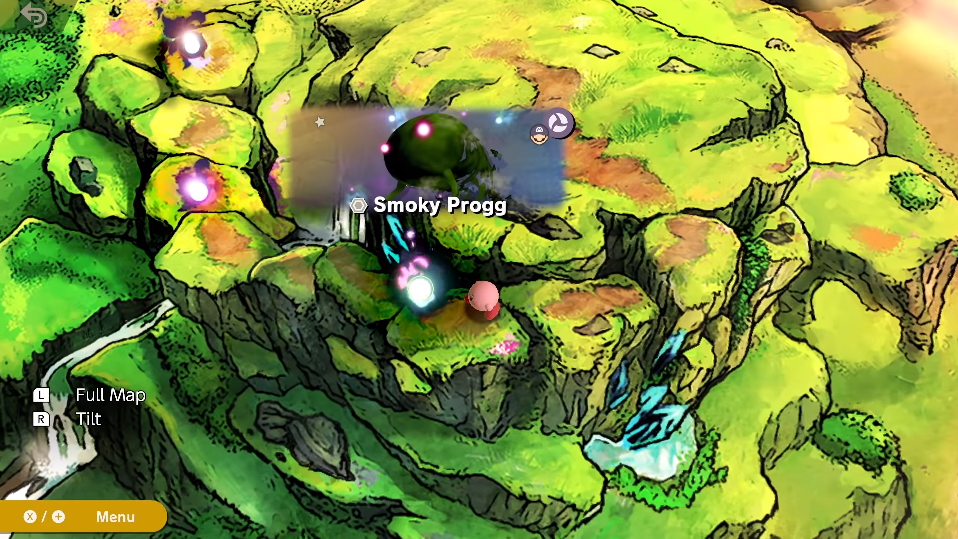
I have rarely played more Super Smash Bros. single-player than I’ve had to, historically. I’ve done your classics: Board the Platforms and Break the Targets; I’ve gone on Melee Adventures and met Brawl Emissaries, and I’ve amassed Custom Moves on 3DS and Wii U (did I even have to unlock them on Wii U?). I skip Classic if I can avoid it, and play co-op when I can.
Super Smash Bros Ultimate has Spirits, though, and while each of them has no Trophy description to bring to light who or what is a Sukapon, they do have customized battles that replicate in often fun and entertaining ways the character’s unique traits. Gordo, for example, is a bunch of invisible Dededes using Side-B exclusively.
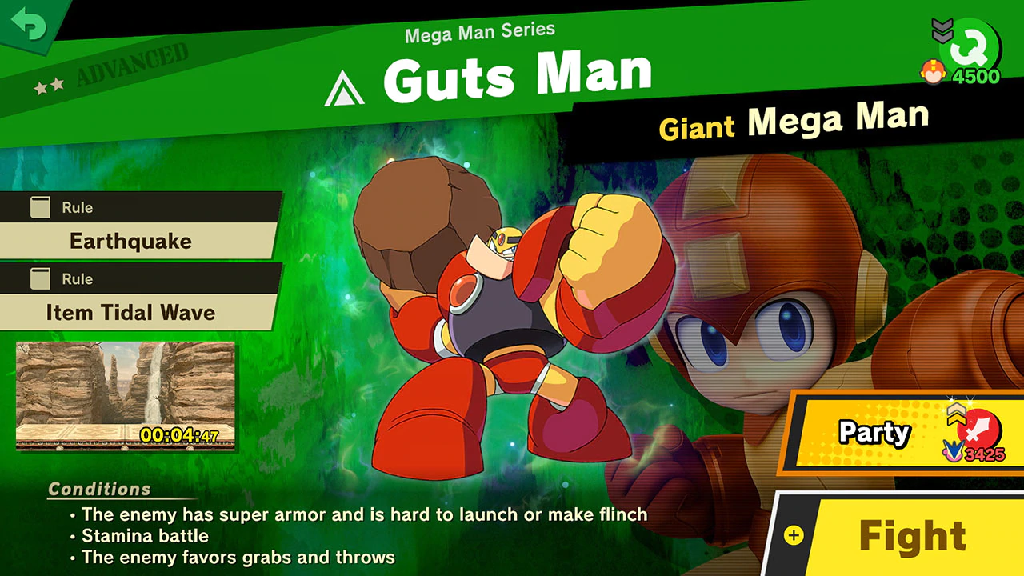
Some of these battles will make you position your head appropriately over a table and hammer one into the other until blood is spilled onto the carpet (again, not my strong-suit). That is, until you come back with Spirits of your own, the perfect set-up to counter the unfortunate circumstances that cost you the price of carpet cleaner in the first place.
Because each of these Spirits, see, is a piece of RPG-style equipment. Primary Spirits earn experience and level from 1-99 (and some can evolve to do it all again), and can come with skills that range as widely as starting with a Franklin Badge equipped to having all of your kicks be stronger. Each has a specific number of slots (between 0 and 3) that allow you to attach Support Spirits to your loadout, which don’t level and only apply abilities (start with a green turtle shell, have Aura Resist to help against Lucario, increased defense in exchange for 30% starting damage, et cetera).
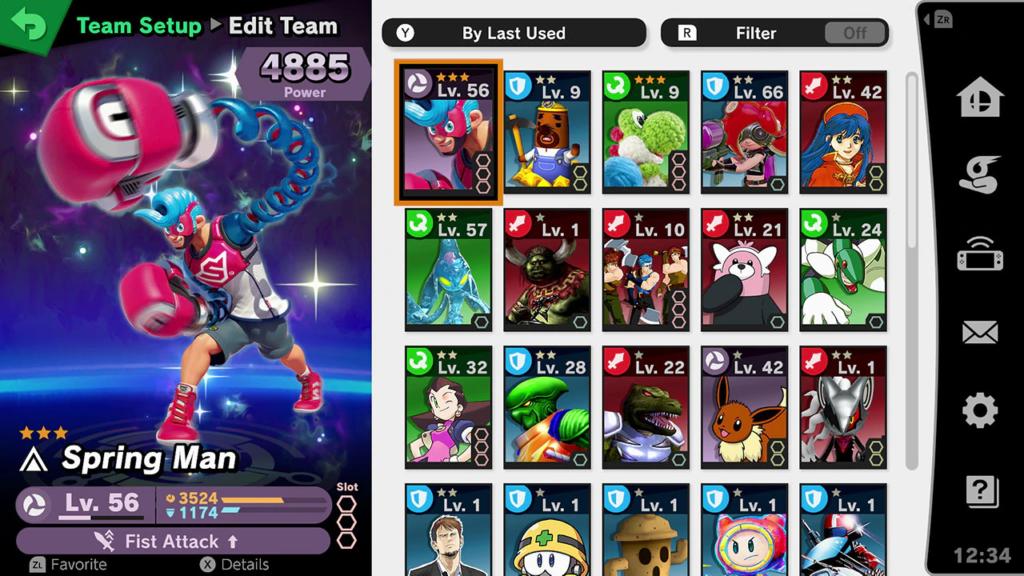
I smashed my head into the Pauline Spirit fight for at least an hour straight, struggling to chase down a cowardly Peach on the “75 mm” stage as a Mario (equipped with a Hammer) and a Donkey Kong (giant and deadly) chased me over ladders, past fireballs, and under barrels.
To be honest, guys, it just wasn’t working out for me.
So I said, “Okay, obviously I suck at this game and will never be able to play it again.”
But after just a day of sunlight, I ran back into my Super Smash Bros Ultimate cave, because Pauline was taunting me.
And I had seen the light: a way to win, the right spirit combination.
I equipped a Primary Spirit with increased Gun Power (Star Force Megaman), two support spirits with increased shooting item power (ROB 64 and Pocket Football Player), and the all-important celestial being that held the strategy all together: Cupid (Centurion also acceptable). Starting with a Staff (Super Smash Bros Ultimate’s new sniping item, that is stronger the further away you are from your target) meant I could hit Peach (or “Pauline”) from all the way on the other side of 75 mm.
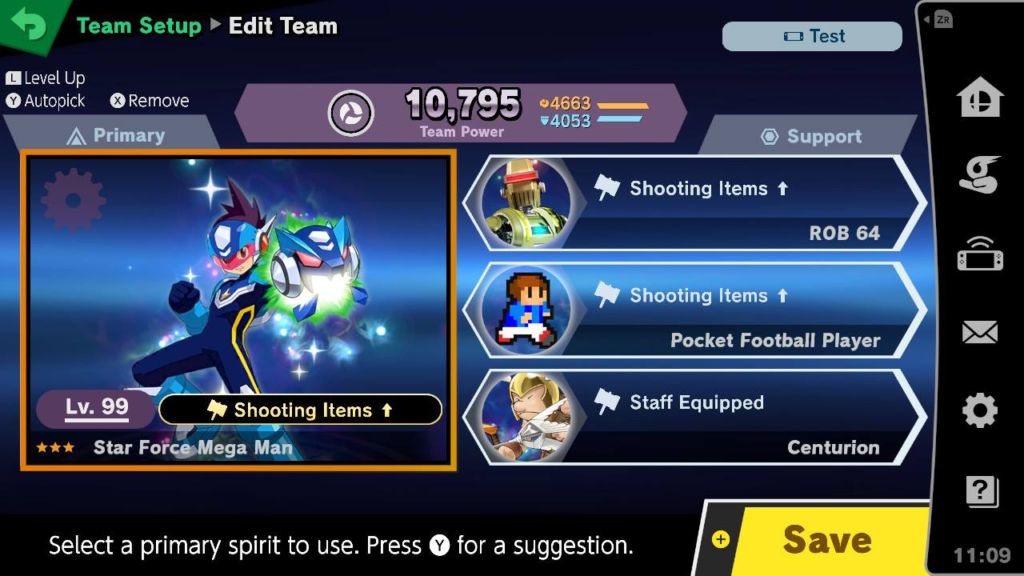
After a bit of trial and error (see: I missed), I managed to hit Peach with three shots in a row and win the battle in five seconds.
Truthfully, most battles can be won in about that long. Novice and Advanced battles are rarely anything to struggle over, and even most Ace fights drop in difficulty once you’ve equipped the basic counter (Lava Floor breaking your head? Equip Lava Floor immunity). But the best of the Legend fights will keep you swapping through your Primaries and Supports until you’ve found just the right combination to put down Baby Bowser and his big, mean dad.
You’ll certainly have had your fill of Stamina battles by the time you’ve beaten World of Light, or played a few hours of the Spirit Board (the latter requires item use for a rematch; the former lets you rematch all you like, and level-up a hundred spirits’ worth of abilities, making late-game fights immensely easier). And when battles are over in five to thirty seconds, they do begin to run together.
But the climb to World of Light’s epic conclusion is certainly worth it, and while much of the internet will likely spoil (or have spoiled) the penultimate and ultimate battles, yours truly will do no such thing. Even if you don’t have it in you to clear the entire world-map (and see all the fun nods to Nintendo franchises stacked there-in), do your best to get to that finish line.
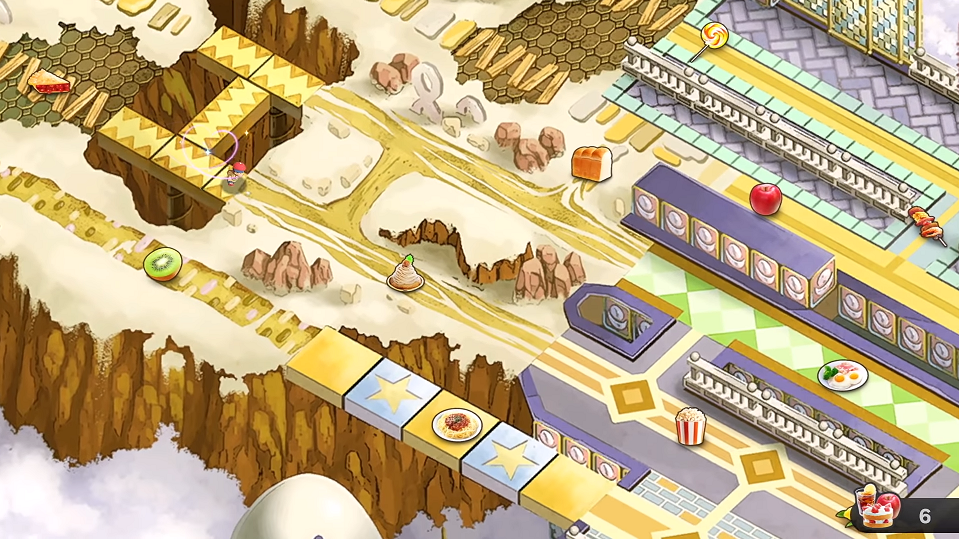
For the record, it took me about 20 hours to 100% the entire World of Light mode.
I completed every challenge in about 70 hours and acquired every spirit by about 80.
What I’m saying is, there’s a lot going on in Super Smash Bros Ultimate to keep the Single-player Smasher happy. Outside of Online, the challenges are all skewed towards the Single-player, including the Smash mode, which one would have presumed would have multiplayer leanings (most require bot-fights). The lack of Target Smash is a bummer, but Classic is more interesting than it has ever been, with varied boss-fights and themed line-ups of battles varying from Ryu’s all Stamina matches to Diddy Kong’s “Hey There, Buddy!” back-to-back team-fights (the bonus round gets old fast, though).
If you’ve held off on Super Smash Bros Ultimate because you’re unsure if the Single-player is going to be deep enough to be worth your money and time, and you’ve somehow come this long without getting an answer, then allow me to clear your concerns:
Super Smash Bros Ultimate has more single-player content than any Super Smash Bros game before it.
*All images except Star Force Megaman squad credited to Super Smash Blog.
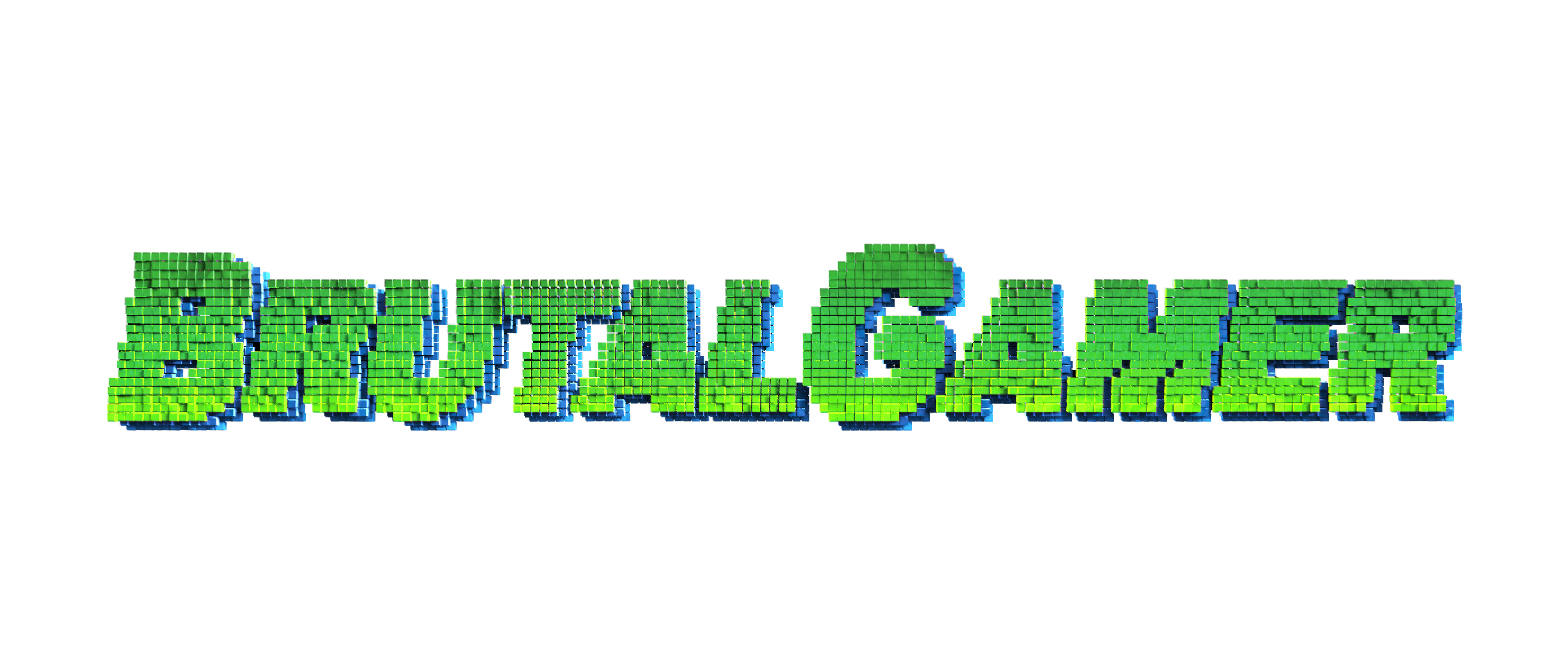 BrutalGamer Bringing you Brutally Honest feedback from today's entertainment industry.
BrutalGamer Bringing you Brutally Honest feedback from today's entertainment industry.

